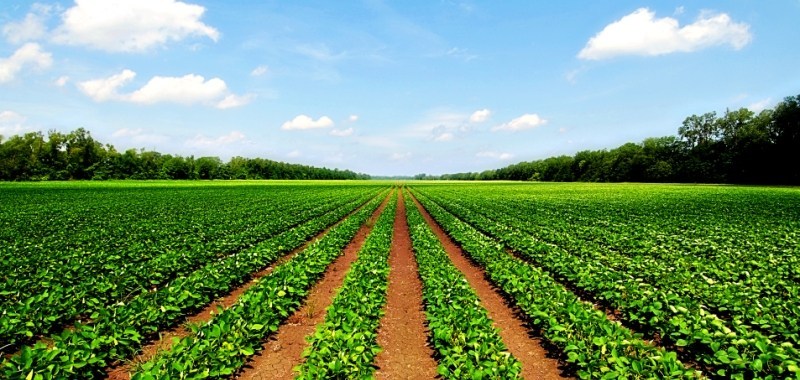
A 2017 report by PG Economics, a UK consultancy firm, stated that farmers who grew Genetically Modified (GM) Crops on an average, enjoyed economic benefits of $100/hectare (approx Rs 6800/hectare). The report titled, GM Crops: Global Socio-Economic and Environmental Impacts 1996-2014, evaluated the economic, social and environmental impact of growing GM crops and reiterated that the technology not only helped increase production of crops, but did so using resources like land and water optimally.
Since its commercialization in 1996, crop biotechnology has been responsible for an additional global production of soybeans (158.4 million tonnes), corn (321.8 million tonnes), cotton lint (27.7 million tonnes) and canola (9.2 million tonnes). Insect resistant cotton and corn, and herbicide tolerant soybean have played an important role in increasing production. Further, the data shows that the increase in yields did not require an increase in the land under production. To reach the same yields without GM Crops, farmers would have had to cultivate area equivalent to 12% of the arable land of USA or 14% of cropping land in China.
As world population touches 7.3 billion and is estimated to cross 9 billion by 2050, global food security is an urgent concern. A technology enabled intervention for increasing yields becomes imperative, considering the estimated malnourished population of 2 billion.
It cannot be denied that the under-served population of developing countries is most affected by food security threats. The report goes on to establish that in 2014 alone, GM crops helped in direct global farm income benefit of $17.7 billion. The reassuring aspect is that this benefit was enjoyed almost equally by farmers of developing (49%) and developed nations (51%) thereby uplifting developing world’s overall standard of living.
Finally, the use of GM crops has significantly reduced greenhouse gas (GHG) emissions by reducing the demand for fossil fuels in the sector. In 2014, GM crops reduced CO2 emissions equivalent to 10 million cars being off the road for a year. Further, GM crops have reduced pesticide sprays by 8.2% and reduced the environmental impact associated with herbicides and insecticides by 18.5%.
Despite all these established benefits globally, India is lagging in the adoption of biotechnology in agricultute. With only Bt cotton being produced commercially, there is a vast opportunity that needs to be tapped if we want our citizens to enjoy food security.
World Population Day serves as a reminder of the growing challenges due to population growth. The report further shows a way forward and reminds us of the role that GM crops can play in addressing the growing concerns of income disparity, malnourishment, climate change and food insecurity.
¹ GM Crops: Global Socio-Economic and Environmental Impacts 1996-2014
